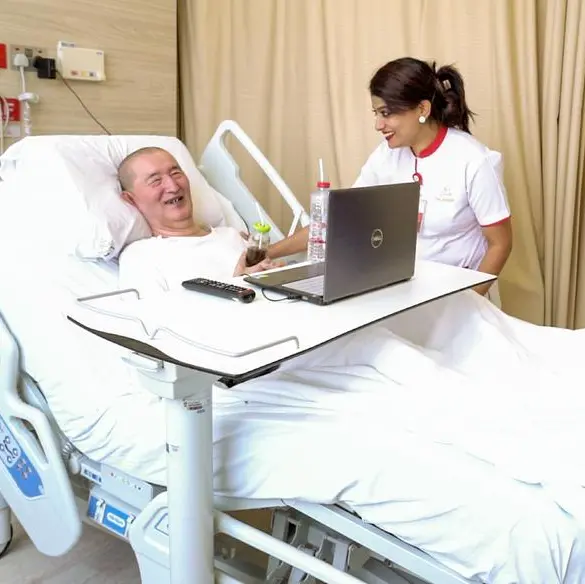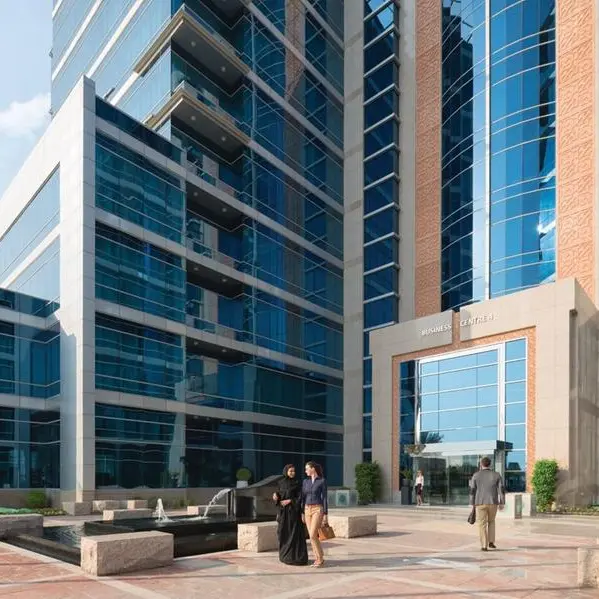PARIS - France is hoping a summit in Paris on Wednesday will accelerate efforts to set up an international force to battle Islamist militants in its former colonial heartland of West Africa.
In a sign that Gulf Arab states are upping their influence in the region, Saudi Arabia and the United Arab Emirates are attending, but the scheme faces resistance from key regional player Algeria.
The G5 Sahel - composed of the armies of Mali, Mauritania, Niger, Burkina Faso and Chad - launched a symbolic military operation to mark its creation in October amid growing unrest in the region, whose porous borders are regularly crossed by jihadists, including affiliates of al Qaeda and Islamic State.
However France, which has some 4,000 troops in the region, has bemoaned that the militants have scored military and symbolic victories in West Africa while the G5 force has struggled to win financing and become operational.
Authorities in Paris are concerned that neighbouring Algeria, which is not attending the summit, is not fully co-operating in tackling militants roaming along its border.
To give the force a boost, French President Emmanuel Macron is hosting among others the leaders of the five participating countries, Germany and Italy as well as the Saudi and Emirati foreign ministers.
A French source said the aim was to get the 5,000-strong force running by March 2018.
Thousands of U.N. peacekeepers, French troops and U.S. military trainers and drone operators have failed so far to stem the growing wave of jihadist violence, leading world powers to pin their hopes on the new force.
"The activity of terrorist groups has not decreased and the armies continue to suffer significant losses, which means that there is an urgency to regain control of the region and to increase the military effort," a French diplomatic source said.
Macron has pressed Saudi Arabia to take concrete actions to fight Islamist militants and asked Saudi Crown Prince Mohammed bin Salman to contribute to the G5 when he saw him last month.
ALGERIAN RELUCTANCE
Macron sees the full implementation of the G5 force as a long-term exit strategy for his own forces that intervened in 2013 to beat back an insurgency in northern Mali.
But he is struggling to get full cooperation from Algeria, which brokered Malian peace talks that have hit an impasse.
"France expects Algeria to contribute to the protection of the border with Mali," Defence Minister Florence Parly told RFI radio on Wednesday.
Algiers, which declined to contribute to the force when Macron was in the North African country on Dec. 5, remains suspicious of military activity by its former colonial ruler near its border.
Prime Minister Ahmed Ouyahia has said the mission duplicates existing activities given Algeria has already been co-ordinating counter-terrorism efforts with the G5.
Saudi Arabia has now pledged $100 million, a major boost for the force, bringing commitments to more than half the roughly $500 million the G5 Sahel says it needs for its first year of operations. The UAE is also funding a G5 "war school" in Mauritania that is due to open in January.
"Both the UAE and Saudi Arabia are interested in the Sahel. Getting a seat at the table, being seen as security stakeholders, is something that fits in their respective strategies," said Jalel Harchaoui, a geopolitics researcher at Paris 8 University.
(Additional reporting by Ingrid Melander in Paris and Lamine Chikhi in Algiers, Editing by John Stonestreet) ((john.irish@thomsonreuters.com; 0033-1 49 49 53 42;))
In a sign that Gulf Arab states are upping their influence in the region, Saudi Arabia and the United Arab Emirates are attending, but the scheme faces resistance from key regional player Algeria.
The G5 Sahel - composed of the armies of Mali, Mauritania, Niger, Burkina Faso and Chad - launched a symbolic military operation to mark its creation in October amid growing unrest in the region, whose porous borders are regularly crossed by jihadists, including affiliates of al Qaeda and Islamic State.
However France, which has some 4,000 troops in the region, has bemoaned that the militants have scored military and symbolic victories in West Africa while the G5 force has struggled to win financing and become operational.
Authorities in Paris are concerned that neighbouring Algeria, which is not attending the summit, is not fully co-operating in tackling militants roaming along its border.
To give the force a boost, French President Emmanuel Macron is hosting among others the leaders of the five participating countries, Germany and Italy as well as the Saudi and Emirati foreign ministers.
A French source said the aim was to get the 5,000-strong force running by March 2018.
Thousands of U.N. peacekeepers, French troops and U.S. military trainers and drone operators have failed so far to stem the growing wave of jihadist violence, leading world powers to pin their hopes on the new force.
"The activity of terrorist groups has not decreased and the armies continue to suffer significant losses, which means that there is an urgency to regain control of the region and to increase the military effort," a French diplomatic source said.
Macron has pressed Saudi Arabia to take concrete actions to fight Islamist militants and asked Saudi Crown Prince Mohammed bin Salman to contribute to the G5 when he saw him last month.
ALGERIAN RELUCTANCE
Macron sees the full implementation of the G5 force as a long-term exit strategy for his own forces that intervened in 2013 to beat back an insurgency in northern Mali.
But he is struggling to get full cooperation from Algeria, which brokered Malian peace talks that have hit an impasse.
"France expects Algeria to contribute to the protection of the border with Mali," Defence Minister Florence Parly told RFI radio on Wednesday.
Algiers, which declined to contribute to the force when Macron was in the North African country on Dec. 5, remains suspicious of military activity by its former colonial ruler near its border.
Prime Minister Ahmed Ouyahia has said the mission duplicates existing activities given Algeria has already been co-ordinating counter-terrorism efforts with the G5.
Saudi Arabia has now pledged $100 million, a major boost for the force, bringing commitments to more than half the roughly $500 million the G5 Sahel says it needs for its first year of operations. The UAE is also funding a G5 "war school" in Mauritania that is due to open in January.
"Both the UAE and Saudi Arabia are interested in the Sahel. Getting a seat at the table, being seen as security stakeholders, is something that fits in their respective strategies," said Jalel Harchaoui, a geopolitics researcher at Paris 8 University.
(Additional reporting by Ingrid Melander in Paris and Lamine Chikhi in Algiers, Editing by John Stonestreet) ((john.irish@thomsonreuters.com; 0033-1 49 49 53 42;))




















